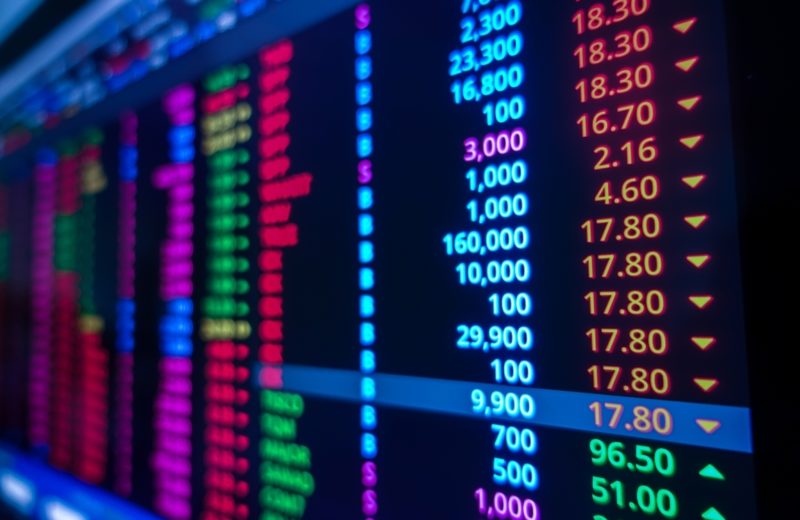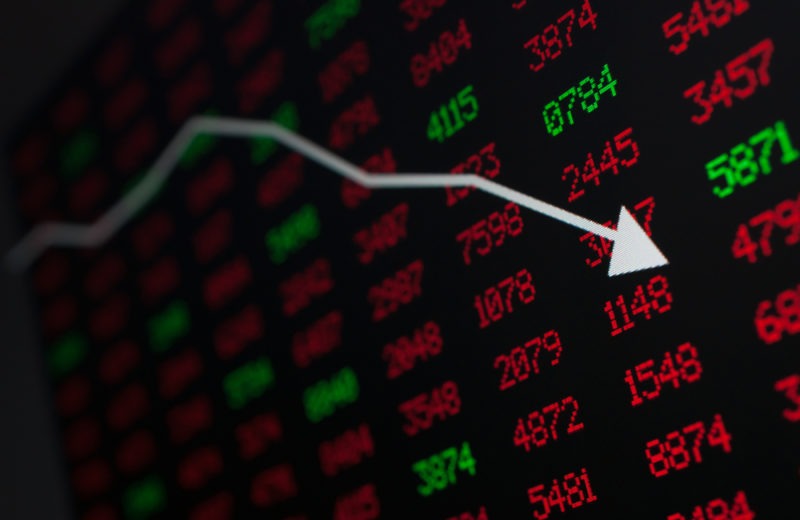The stock market faced a downturn on Wednesday. Concerns over mounting inflation and the persistent surge in oil prices became the main topic for discussion. This unsettling economic backdrop led to a notable drop in investor confidence, particularly impacting tech and defensive stocks, as Treasury yields surged.
Tech Giants Grapple with China Restriction Reports
Major indices opened in negative territory and held that course throughout the session. By the close, the Dow Jones Industrial Average saw a 0.6% decline, settling at 34,443. The S&P 500 followed suit, marking a 0.7% dip at 4,465, while the Nasdaq Composite suffered a 1.1% drop, ending the day at 13,872.
Mega-cap giant and hot stock Apple (AAPL) faced a significant setback with a 3.6% slump. This came amidst reports of China expanding restrictions on government workers, prohibiting the use of iPhones and foreign-branded devices at work. Given China’s substantial contribution to Apple’s sales, accounting for over 19% of recent quarterly revenue, this development stirred concern.
Analysts maintain an overall bullish outlook on AAPL. Moreover, of the 45 analysts surveyed by S&P Global Intelligence, 22 advocate a Strong Buy, eight suggest Buy, 13 favour Hold, and two lean towards Sell, resulting in a consensus Buy recommendation.
Resilient Services Sector Adds to Economic Challenges
Adding to the stock market’s woes, the Institute for Supply Management’s services sector index surged beyond expectations, reaching 54.5% in August from July’s 52.7%. This marked the eighth consecutive month of readings above the 50.0% threshold, indicating growth. Quincy Krosby, chief global strategist for LPL Financial, noted that this robust report could pose a challenge for the Fed in its fight against inflation.
Stock Market Flotation and Its’ Impact
Oil prices continued their ascent following news of extended crude production cuts by Saudi Arabia and Russia. U.S. crude futures surged to $87.54 per barrel, the highest settlement since June 2022. This upward trajectory, with nearly 11.0% gains in the past two weeks, potentially halts the disinflation trend observed recently.
Shifts in Stock Market Patterns
These economic indicators and escalating oil prices may keep the interest rates unchanged in September. Futures traders are now estimating a 93.0% probability of the Fed staying consistent with this tendency. In fact, the probability rate went up 3.0% from the previous day’s 90%, according to CME Group. Expectations for a November rate hike also saw a slight increase, rising from 42.0% to 45.3%.
















